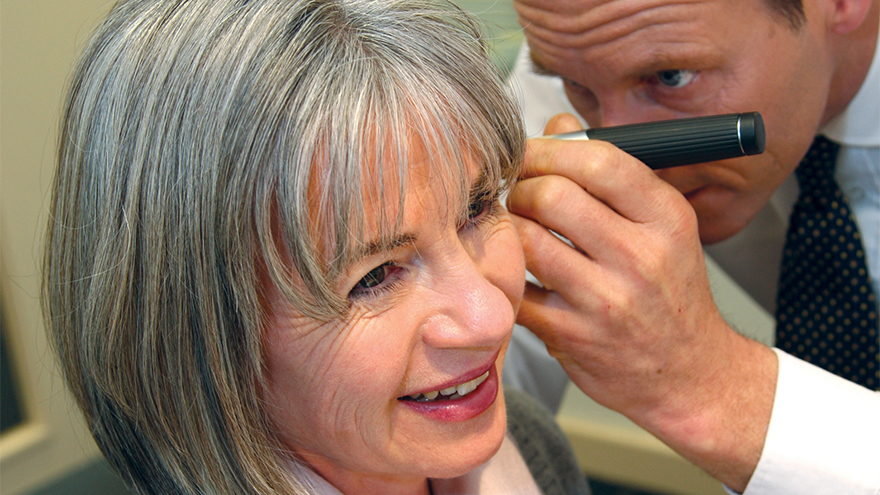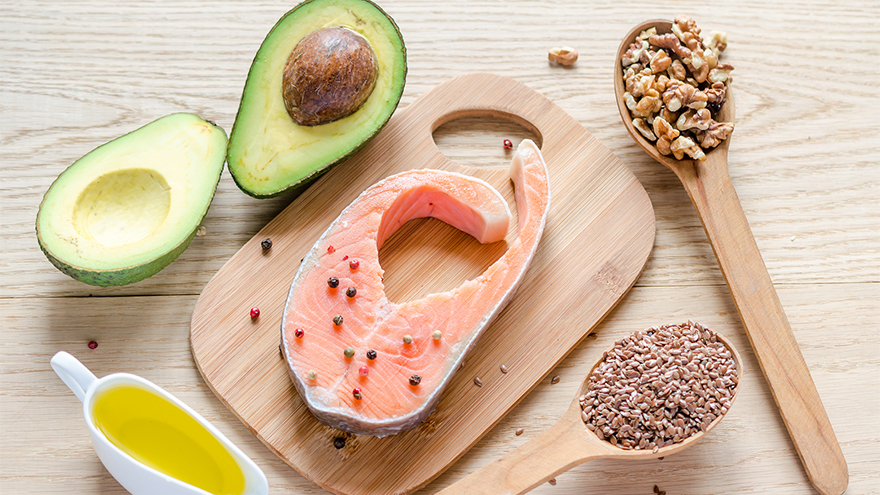5 Ways To Boost Your Brain Health With Dr Hilary Jones

Memory blips are natural as we get older, but keeping your mind active and challenged will help to keep your brain younger than your years! Ensure you’re firing on all cylinders with my top tips for looking after your brain health.
5 way to boost brain health
1. Lights out
Night owls take note. Research shows that sleeping less than 7 hours a night is linked to poor brain health and memory loss. Studies show that chemicals released during the deeper stages of sleep are vital for repairing the whole of the body, including the brain!
Make sure you’re getting plenty of shut-eye by starting your bedtime routine an hour earlier. Leave your phone and tablets out of the bedroom, too, to avoid distractions that will hinder sleep.
2. Take a challenge
Whenever we do something for the first time, our brain builds new connections that keep it active and stimulated.
A study with London cab drivers found that as they learned The Knowledge – the huge task of learning the 25,000 streets and landmarks in central London from memory – the cabbies showed significant increases in the area of their brain that looks after memory and learning, called the hippocampus.
Taking up a new hobby could boost your brain health so why not learn a new language or take up a game like chess to keep your brain challenged?
3. Hearing is believing
Did you know your hearing is not just down to your ears? It’s about everything in between your ears, too!
Our hearing naturally declines over time, and studies show that straining to hear forces your brain to work harder. Over time, this effort can take its toll and researchers have linked hearing loss to an increased risk of dementia.
Dr Laura Phipps of Alzheimer’s Research UK said, “A number of theories have been put forward to try to explain the connection between hearing loss and dementia. For example, problems with hearing may lead to social isolation or depression. Both these have also been linked to a higher dementia risk.
Some researchers have suggested that the mental effort needed to cope with hearing loss may leave less ‘cognitive reserve’. Cognitive reserve is thought to help people withstand damage to the brain caused by diseases like Alzheimer’s for longer.
“Alternatively, it’s been suggested that the physical damage caused by these diseases may in turn affect the brain’s ability to process sound.”
Going for regular hearing checks is therefore crucial to ensuring your hearing is taken care of and you enjoy the pleasure of sound for a lifetime.
The new Oticon Opn™ hearing aid features the latest Brain Hearing™ technology. This has been proven to improve speech clarity and reduce listening effort even in demanding listening environments like restaurants and bars.
For more info on Oticon Opn™ and to book your free hearing test, visit your local Hidden Hearing centre or phone 0800 037 2060.
4. Healthy heart, healthy brain
Exercise affects the brain in lots of positive ways – increasing the brain’s oxygen levels and supporting the release of hormones. These help to create a healthy environment for the growth of brain cells.
Exercise also helps to maintain the brain’s “plasticity” – its ability to change and reorganise itself throughout life by forming new connections between brain cells. Boost your activity levels by looking for an exercise you enjoy. Ideally choose one that incorporates coordination along with getting your heart rate up, such as a dance class.
Or if you prefer the gym, go for a circuits class which will not only give you a good cardiovascular workout but keep your brain processing the next challenge, too.
5. Food for thought!
We all know that a good, clean diet rich in fruit and vegetables will improve all areas of your health, but eating healthily is also linked to slowing mental health decline.
Topping the list of brain-boosting foods are avocados. These are packed with vitamin K and folate, a type of vitamin B which helps to prevent blood clots in the brain. This protects you against stroke as well as helping to improve cognitive function, especially memory and concentration.
Beetroot, blueberries, leafy green vegetables, extra virgin olive oil and salmon are all brimming with powerful antioxidants known as polyphenols. These not only improve learning and memory, but also reverse age-related changes.









